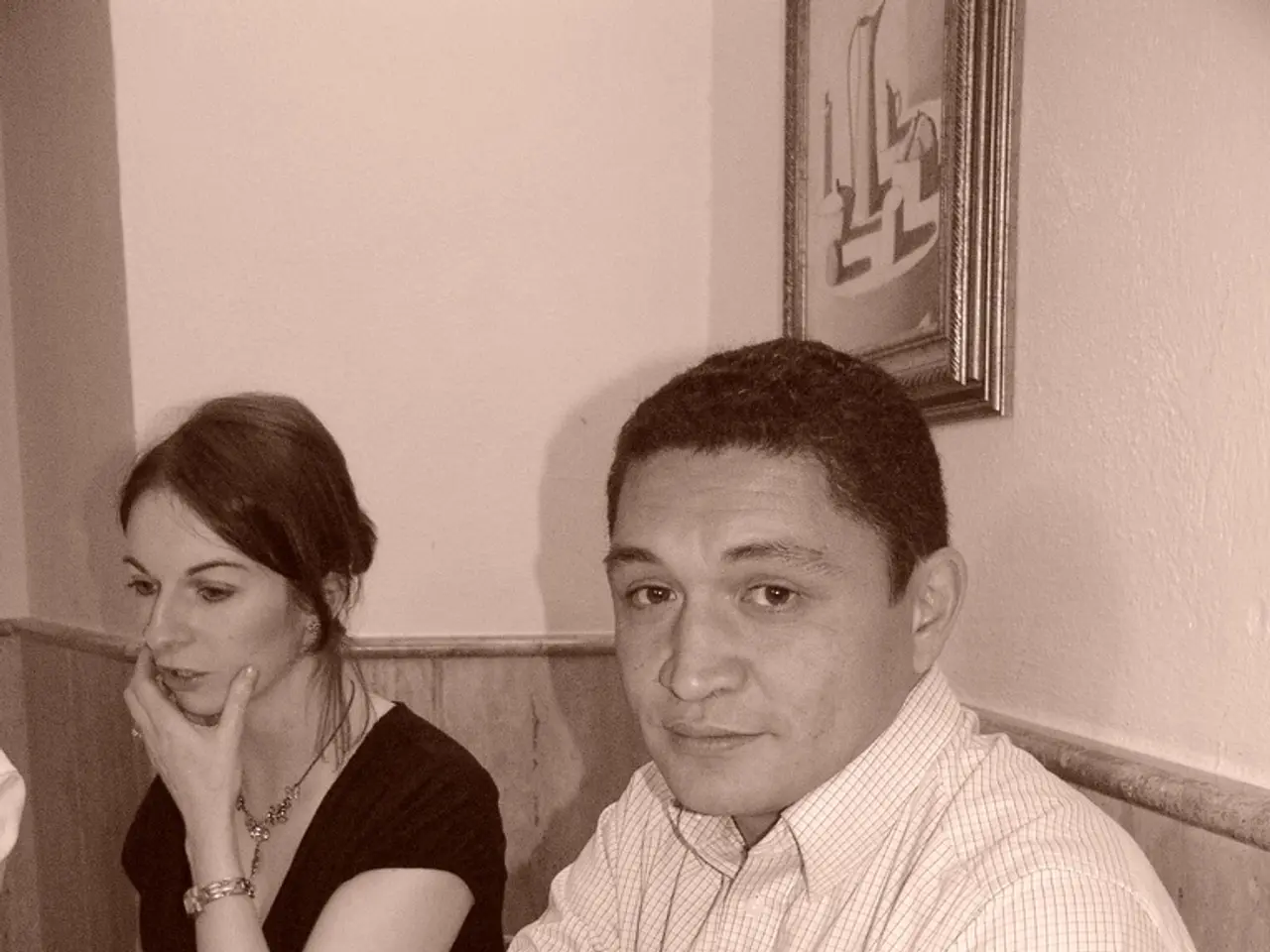Divorce following a Traumatic Brain Injury may not be inevitable according to new research findings
In a significant finding, a study led by researcher Stephanie Kolakowsky-Hayner has shed light on the marital stability of individuals who have experienced traumatic brain injury (TBI). The study, published in the July/August issue of the Journal of Head Trauma Rehabilitation (JHTR), offers valuable insights into risk factors for a marital breakup after TBI.
JHTR, a leading, peer-reviewed resource for clinical management and rehabilitation of persons with traumatic brain injuries, is the official journal of the Brain Injury Association of America. Wolters Kluwer, a global leader in professional information, software solutions, and services, publishes JHTR.
The study analyzed long-term follow-up data on 1,423 patients with TBI, all of whom were married at the time of their injury. The average age at the time of injury was 44 years, and about three-fourths of patients were men.
Ten years after TBI, 66% of patients with TBI remained married to the same person. Of marriages that ended, 68% did so within five years after TBI, including 39% within the first year. Interestingly, the risk of a breakup didn't seem to be related to race/ethnicity, education, cause of injury, or injury severity.
However, the study found that marital stability over the 10-year period was higher for those who were older, were female, and had no problematic substance use history.
The findings may help to identify couples who may be at high risk of marital instability after TBI, and to guide patient and family education, relationship counseling, and other marital interventions.
Wolters Kluwer reported 2020 annual revenues of €4.6 billion and operates in over 180 countries, maintaining operations in over 40 countries and employing approximately 19,200 people worldwide. The Brain Injury Association of America, the oldest and largest nationwide brain injury advocacy organization in the U.S., is the official journal's publisher.
The Brain Injury Association of America's mission is to advance awareness, research, treatment, and education, and to improve the quality of life for individuals impacted by brain injury. JHTR, with its vision of "knowledge informing care," includes a wide range of articles, topical issues, commentaries, and special features.
This study provides a crucial step forward in understanding the long-term effects of TBI on marital stability, offering potential solutions to support couples navigating this challenging journey.








